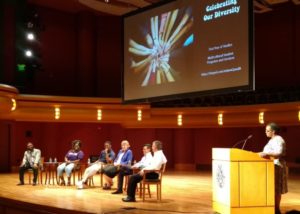
Depression is a massive health concern among African-Americans — particularly women — but mental health is rarely discussed in the African American community. Since mental health is such a taboo subject in the African-American community, we are the least likely group to be treated or to seek treatment for depression. We are also less likely than other groups to even acknowledge it as a serious problem because of the shame and embarrassment that it can cause.
Statistics report that:
- Adult blacks are 20 percent more likely to report serious psychological distress than adult whites.
- Adult blacks living below poverty are two to three times more likely to report serious psychological distress than those living above poverty.
- Adult blacks are more likely to have feelings of sadness, hopelessness, and worthlessness than are adult whites.
- And while blacks are less likely than whites to die from suicide as teenagers, black teenagers are more likely to attempt suicide than are white teenagers (8.2 percent v. 6.3 percent)
In 2010, African American women reported feeling sad more than 1.6 times more than Non-Hispanic White women. Two of the criteria for major depression are a loss of interest or pleasure in things that used to be enjoyable and loss of energy. As a result, African American women are 1.7 times more likely than White women to report that everything is an effort all of the time. So, African American women are more sad, experience less pleasure and expend great energy just to get thru the day. What a horrible way to live! The quality of life has to improve for African American women.
Fact: Depression is treatable.
Even with the large disparities in depression, the CDC finds that just 7.6 percent of African-Americans sought treatment for depression compared to 13.6 percent of the general population in 2011. Thus, African American women are suffering in silence and refusing to seek treatment. Psychotherapy is an option, but so are acupuncture, meditation, medication and dietary changes. There are various options to treat depression, and it may take more than one tactic to alleviate the symptoms.
Fact: You do not have to live with it.
Depression is an illness just like asthma. Would you go to work each day without your inhaler? No, you would utilize the resources that you have to maintain your health. So, why is seeing a counselor or getting prescribed anti-depressant medication any different?
Fact: There are African American mental health professionals and physicians that can assist you in your community.
Check your local listings for counselors, psychologists and social workers. Check the yellow pages, local psychological associations and websites in your area. Search the Association of Black Psychologists website and find your local chapter. Begin there to find African American psychologists that treat depression or other mood disorders.





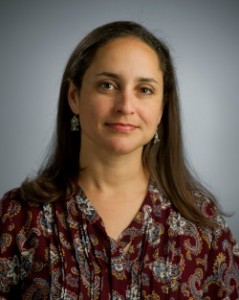

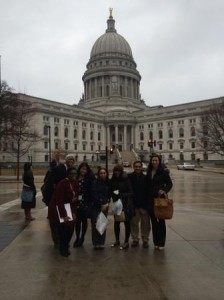
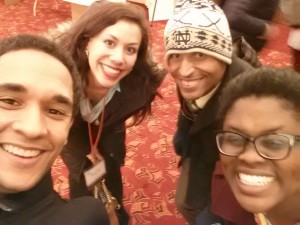
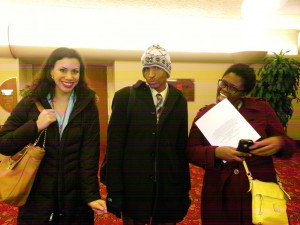
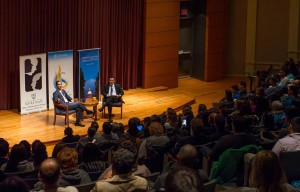
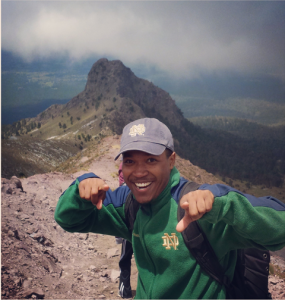
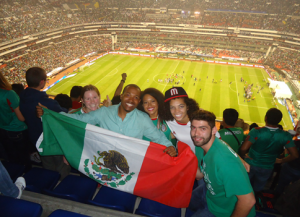
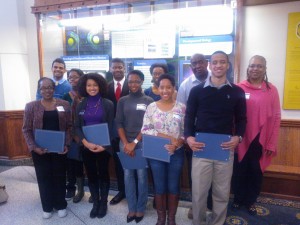
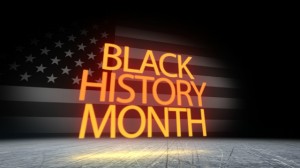
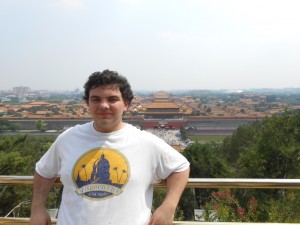
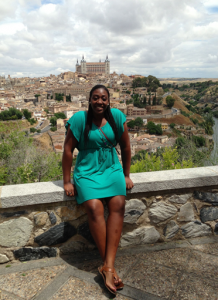
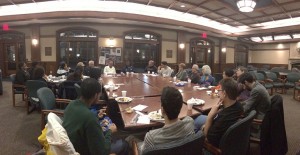
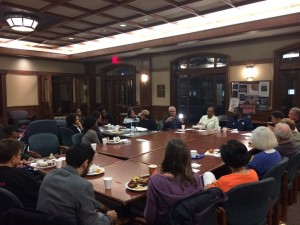
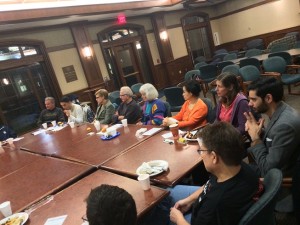
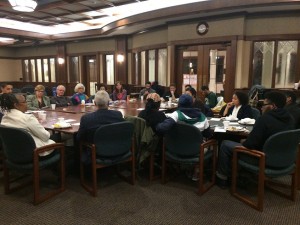

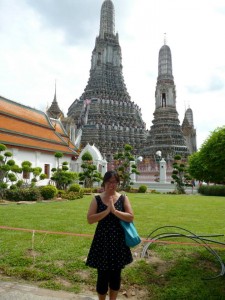
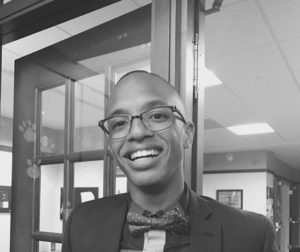 Kendrick Peterson Class of 2020
Kendrick Peterson Class of 2020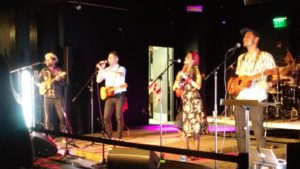



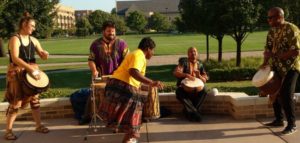
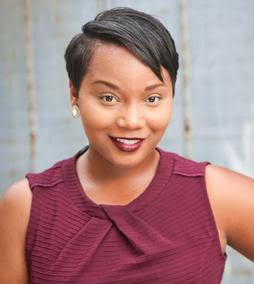 Multicultural Student Programs and Services established a new position, Assistant Director for Diversity Education, Outreach and Assessment. I am pleased to introduce Paige Jackson from the University of Mount Olive, who will serve in that role. Prior to her arrival, she served as the director of Student Conduct and Freshman Seminar adjunct instructor. She will coordinate the MSPS diversity education initiatives, which includes working closely with the Multicultural Commissioners, and our professional develop program, Breaking Through Barriers (BTB). If you are interested in becoming a Diversity Ambassador, come to the information session Wednesday, August 30 at 7:00 p.m. or email:
Multicultural Student Programs and Services established a new position, Assistant Director for Diversity Education, Outreach and Assessment. I am pleased to introduce Paige Jackson from the University of Mount Olive, who will serve in that role. Prior to her arrival, she served as the director of Student Conduct and Freshman Seminar adjunct instructor. She will coordinate the MSPS diversity education initiatives, which includes working closely with the Multicultural Commissioners, and our professional develop program, Breaking Through Barriers (BTB). If you are interested in becoming a Diversity Ambassador, come to the information session Wednesday, August 30 at 7:00 p.m. or email: 